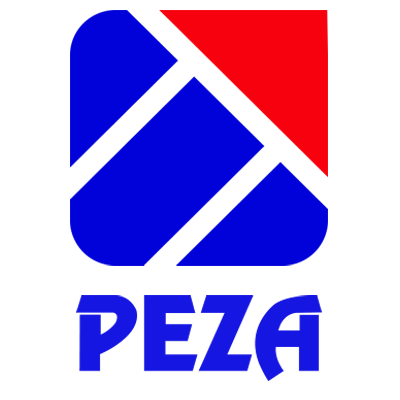
The Philippine Economic Zone Authority (PEZA) plays a crucial role in the economic development of the Philippines by managing and promoting ecozones, industrial estates, export processing zones, and free trade zones across the country. Established under the provisions of its enabling act, PEZA is tasked with creating an environment conducive to business by providing essential infrastructure and services, facilitating investments, and fostering sustainable growth.
PEZA's general powers and functions include operating, administering, and developing ecozones in line with established principles. One of its key responsibilities is to register, regulate, and supervise enterprises within these zones in an efficient, decentralized manner. This ensures that businesses operating in ecozones comply with national standards while benefiting from a streamlined regulatory framework.
The agency works closely with local government units (LGUs) and relevant government bodies to develop and implement comprehensive plans for the ecozones. PEZA has the authority to construct, acquire, and maintain necessary infrastructure like power systems, water supply networks, telecommunications, roads, bridges, and ports, often using public-private partnership models such as build-operate-transfer schemes or joint ventures. This enables the development of well-equipped ecozones that attract local and international investments.
In addition to its operational functions, PEZA coordinates with national agencies like the National Economic and Development Authority (NEDA) and the Department of Trade and Industry (DTI) to formulate and implement policies that support ecozone development. The authority also monitors the progress and requirements of ecozones, advising local government units and other agencies on the necessary incentives, utilities, and infrastructure needed to further improve the investment climate.
Through these efforts, PEZA drives economic growth, promotes job creation, and enhances the overall competitiveness of the Philippines in the global market.
